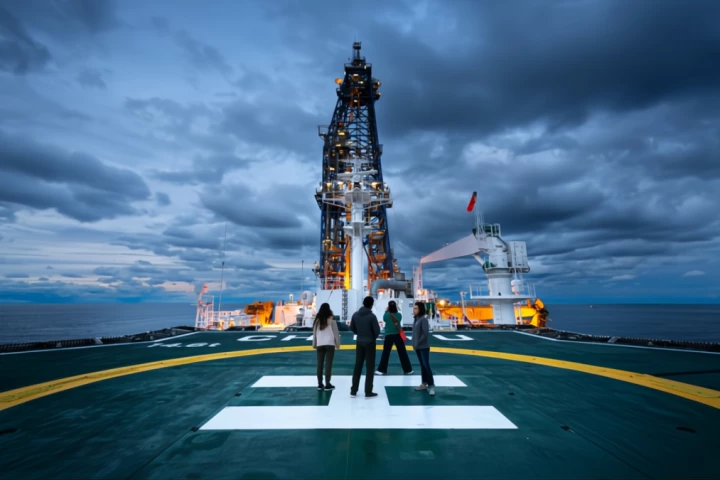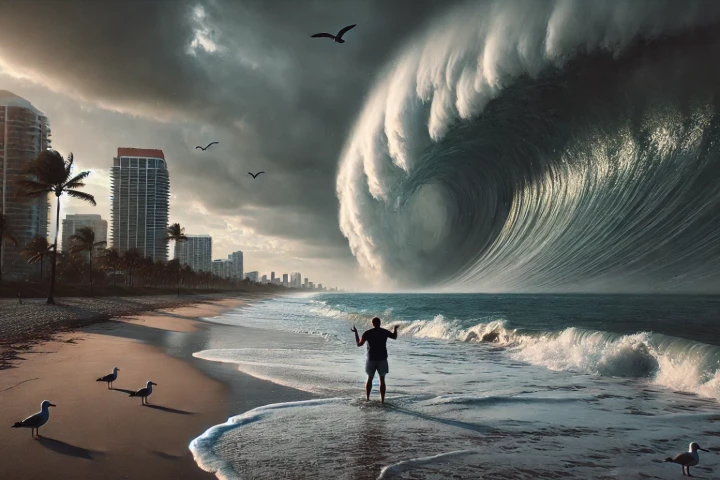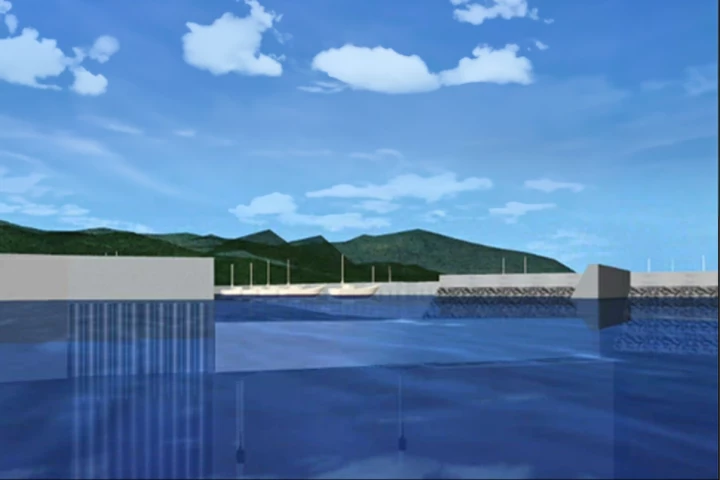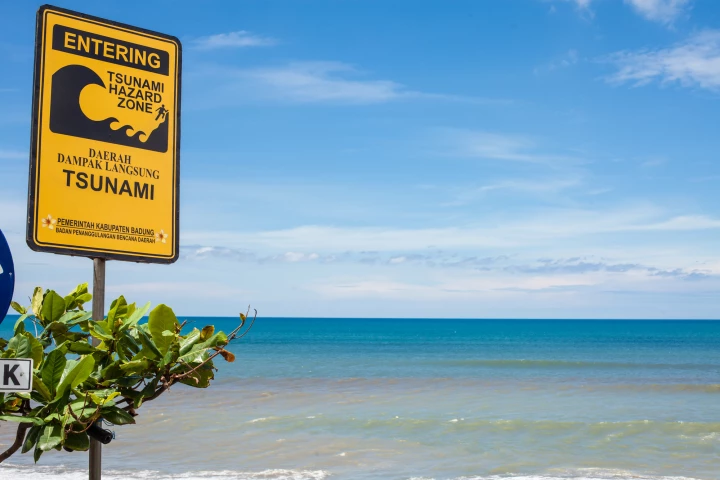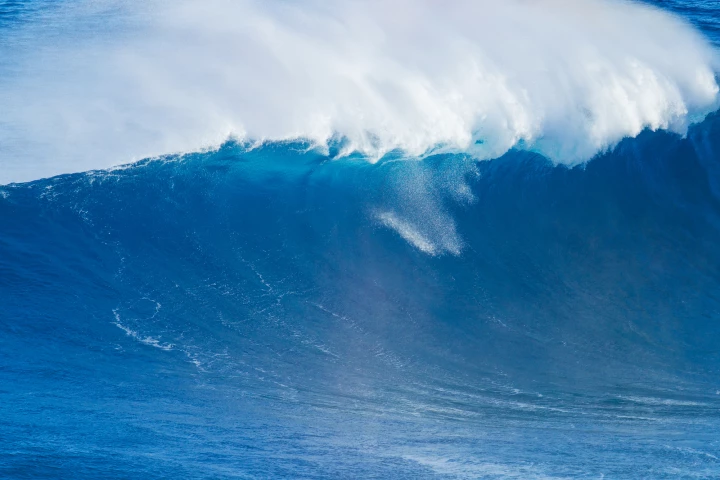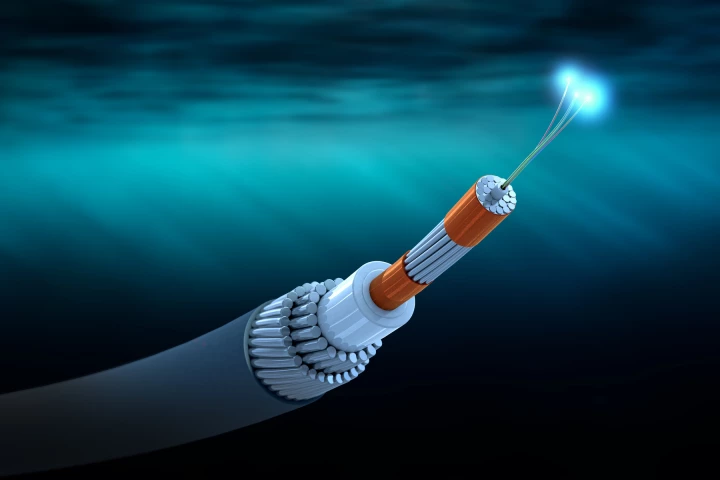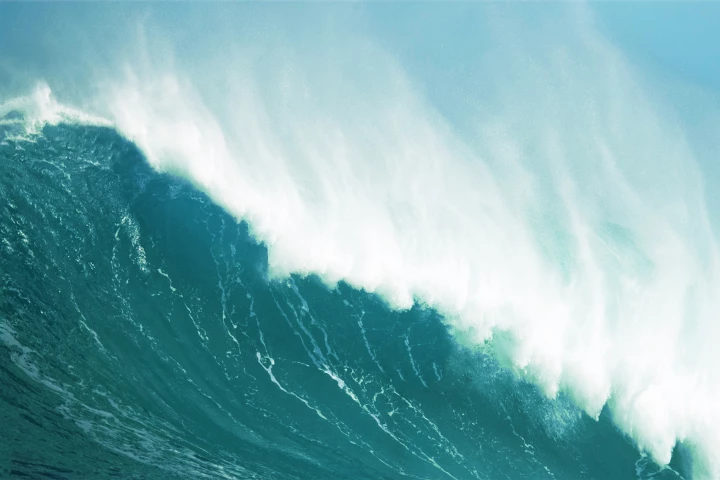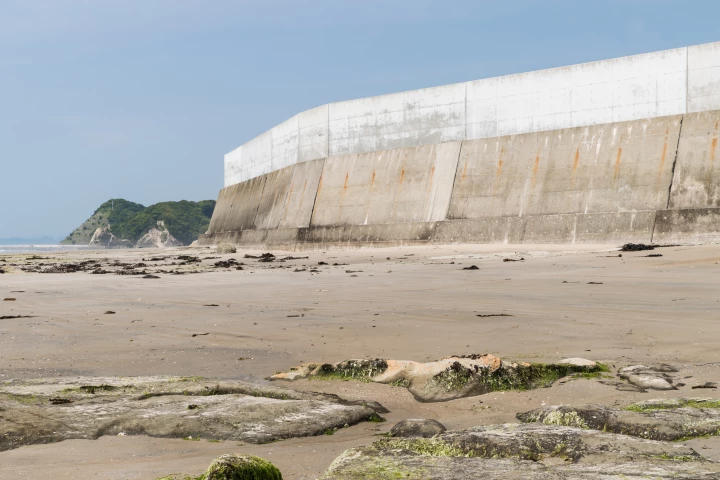Tsunami
-
Since 2011, scientists have been puzzled about the force resulting from a gigantic earthquake and tsunami that destroyed, among other things, Japan's Fukushima Nuclear Plant. Now, a Guinness World Record drilling expedition has solved the puzzle.
-
Scientists have recently warned that polar ice cap melt due to climate change might just be one of our concerns as megatsunami waves can give 330-ft-plus (100-m-plus) rise to the ocean in a matter of minutes.
-
Self-deploying sea barriers offer coastal towns some protection from the destructive forces of tsunamis – but one problem can arise when power goes out in a disaster scenario. Hence this Japanese proposal for a wall that generates its own power.
-
With the aid of arms control technology and artificial intelligence, a team of scientists at Cardiff University's School of Mathematics has developed a method that uses underwater microphones to provide early warnings of potentially deadly tsunamis.
-
Scientists have uncovered a new way tsunamis might be better predicted ahead of time, showing how the magnetic fields they generate can be detected before the massive, devastating waves make it to shore.
-
Around 66 million years ago, a gigantic asteroid smashed into the Earth and ended the reign of the dinosaurs. Now, researchers have discovered direct evidence of this cataclysm – fossilized “megaripples” from the tsunamis that immediately followed.
-
As part of a project that could greatly speed up the detection of tsunamis, Caltech and Google researchers have developed a method that turns operating submarine communication cables into earthquake detectors without using special equipment.
-
Teams tasked with managing tsunami risks may soon have a powerful new tool at their disposal, in the form of a new AI model that enables near real-time predictions of how these events will shape the flooding of coastal areas.
-
Known as tsunami mitigation parks, hilly stretches of coastline covered in plant-life can stem the flow of a giant crashing wave, and a new study suggests they can help preserve key industries like fishing and tourism at the same time.
-
When tsunami-triggering events such as underwater earthquakes occur, sound waves known as acoustic gravity waves (AGWs) are sent out through the water. Now, scientists from Cardiff University have developed a method of analyzing those waves, to predict how destructive the tsunami will be.
-
Dr Usama Kadri of Cardiff University’s School of Mathematics believes that it may one day be possible to use acoustic-gravity waves against tsunamis to mitigate or even halt their effects.
-
How the Weber Deep in Indonesia got to be a near bottomless pit is one of nature's mysteries. Thanks to a chance discovery of the world's biggest exposed fault plane, we finally know the answer.
Load More
